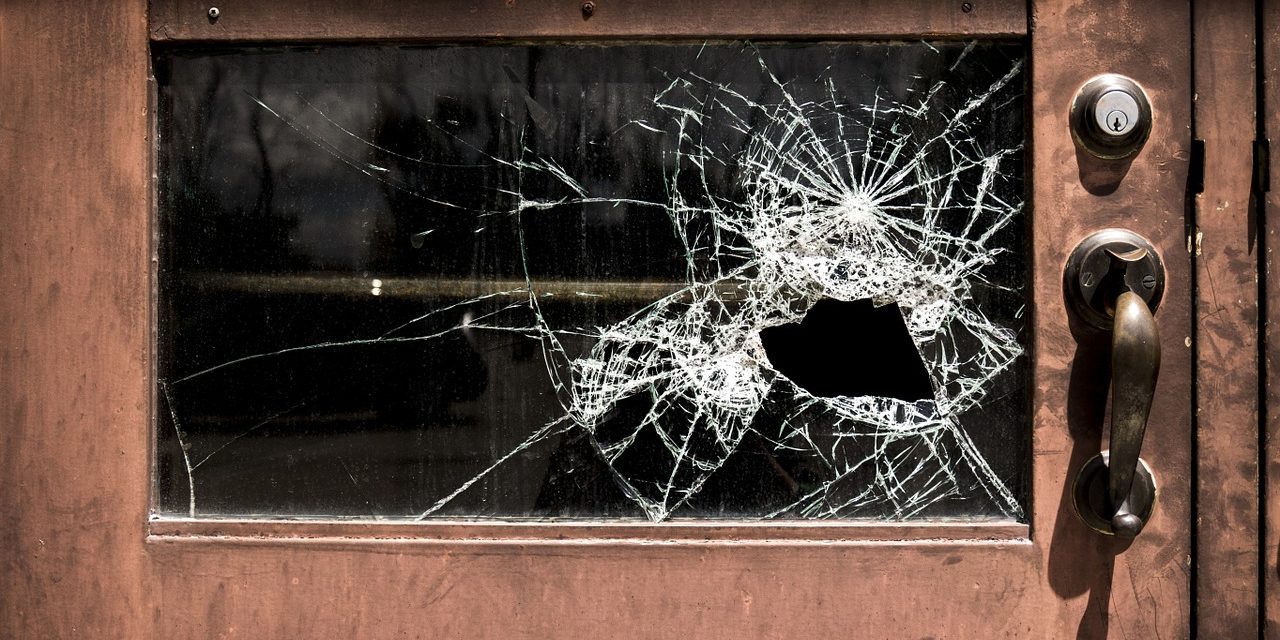Nearly two years ago, the Guilford County Board of Commissioners approved the allocation of $10 million to address immediate school security needs, and, now – privately as well as publicly – the commissioners are asking school officials why that money still hasn’t been touched.
In a Thursday, June 14 work-session in 2018, after a series of national school shootings, Guilford County Commissioner Justin Conrad led the effort – and made the motion – for the county to quickly raise $10 million in new money for the schools to address security needs.
The Board of Commissioners voted unanimously to approve raising up to $10 million for those needs using two-thirds bonds – a little understood local government financing method that had never been used by Guilford County to fund school projects. Conrad and other commissioners said at that time that was the fastest way to get the money into the hands of school officials for the important purpose of protecting Guilford County students.
Now it’s been nearly two years, and none of that money meant for urgent security needs in 2018 has been spent – and the commissioners’ growing frustration is showing in both private and public conversations.
Conrad recently told the Rhino Times, “Eighteen months – that’s just too long.”
Conrad said the commissioners made that move with the intention of getting some immediate measures in place to enhance school security and provide some immediate safety for the county’s kids while longer-term projects were undertaken. So, Conrad added, it’s very disheartening to see that money still sitting in the county’s bank account.
Republican and Democratic commissioners alike have expressed similar concerns.
Recently, at a work session with school officials, Chairman of the Guilford County Board of Commissioners Jeff Phillips shined an intense spotlight on the matter.
“Rewinding back to a year and a half ago, going on two now, this board made a special appropriation of $10 million, as we all know, to this purpose,” Phillips said.
School officials have talked about and gotten approval from the county to use $600,000 of the money for an assessment to get the ball rolling – but even that money still sits with the county.
“We need to find out where we’re at in that process,” Phillips said. “I think we understood that an RFP [Request for Proposals] was going to go out thereafter, and that would result in a consultant to be determined. I haven’t heard anything about that – maybe you have.”
Phillips added, “There’s a significant amount of money that has not been designated at all at this point. I know that concerns me and some of us on this board – if not all of us. I think it should. I have made the point more recently that we are going to do something about that this year and accelerate some of the decision-making process along those lines.”
Phillips said he knows that more long-term comprehensive security measures will be taken eventually if a large school bond referendum is passed in November – but he added that this $10 million was meant to help fill in security holes quickly.
“In my view, we can’t wait until a referendum is passed in November and new schools come on the scene before we address this critical issue,” Phillips told school officials at the public work session in the Blue Room of the Old Guilford County Court House.
He said he had, in fact, called in some school security experts who spoke at that work session in order to “rekindle that conversation.”
“I think it’s been too quiet for me,” he said. “The time is now. We’ve got to step up our efforts in this regard, recognizing that security will be enhanced. We can’t wait two years, four years, six years. We all know that’s not a lot of money when you are talking about 125 or 126 campuses across the county – but we can do something to shore up the safety and security of our children, teachers and staff at every school.”
School officials told the commissioners at the work session that the whole discussion that day was “a surprise” and added they could provide more complete answers later. They said the schools want to do it right and spend that $10 million wisely. For instance, they said, it wouldn’t make sense to make a major and expensive change at a building that was about to be torn down.
“What they are doing is making sure we are strategically going down the right path,” one school official told the board at the work session.
Other school officials also pointed out that the schools in Charlotte spent a lot of money on security systems quickly without proper vetting and that money essentially went to waste.


Please look into the last school board mtg. where Khym Irby tried pushing through a vote in support of H.R. 5325 – Ending Puch out Act of 2019. Thankfully it failed but is up for a re-vote in two weeks.
With all the assistants, area administrators and layer upon layer of administrative “experts” that the school system has on their payroll, you are telling me they need to spend $600,000 on an outside “consultant” to determine the security needs for our schools? Amazing. Maybe the superintendent should get busy with this critical issue and stop begging for more money from the commissioners. We have never in my 65 year lifetime as a resident in this county been in such a horrible state of affairs when it comes to education. I would vote to have the state take over the entire system tomorrow and get the current set of administrators on the road. When will enough be enough?
This is the way that Big Brother works. Sorta like a computer. Just because you make an entry, I doesn’t follow that anything will happen.